By Hadeel Abbas
Mythbusting: Human Scent
We often hear that a mother bird will abandon its young if a human has touched it, due to baby now smelling like a human [i]. However, in reality most birds have a poor sense of smell! Instead, they mainly recognize their babies through their appearance and the sound of their chirps [ii]. Birds put a lot of time and energy into hatching and rearing their young, so they are more likely to relocate offspring to a new site if disturbed, instead of abandoning them altogether [i]. In general, contact with humans doesn’t impact whether a bird will continue to care for its young or not. [ii] That being said, it’s best to keep your distance from baby birds, unless they actually need your help!
What should you do if you see a baby bird on the ground?
The first thing you should do if you find a baby bird on the ground is identify if it’s a fledgling or a nestling. Most birds people find on the ground are fledglings. Fledglings are mostly fully feathered (usually missing their tail-feathers) and are able to hop and flap their wings, like they are trying to fly [iii]. A nestling is a baby bird with few or very short feathers and are less mobile, likely dragging themselves on the ground [iv].
If it’s a fledgling…
If you see a fledgling running on the ground, it should be left alone (unless bleeding or you saw it become injured). These birds have left the nest on their own, and are learning how to fly which is a necessary part of their growth and development. Being on the ground is a normal part of their life and parents will likely be in the area watching closely, feeding and caring for them, until they are able to fly [iii]. Rescuing healthy fledglings can be detrimental to their development as they can become habituated to being around people [iv]. Additionally, fledglings rarely return to their nest once they leave, so if they are returned, they will just leave once again [ii]. The only time you should pick up a healthy baby bird is when directed to by a wildlife rehabber.
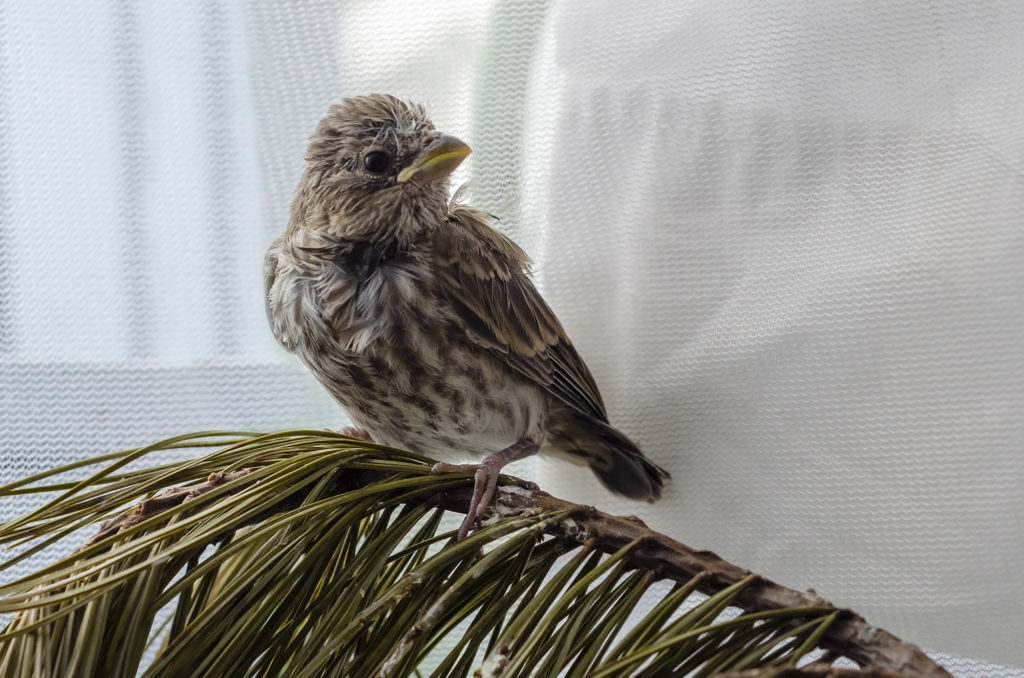
If it’s a nestling…
If you see a nestling on the ground, which is less common, it’s important to return the bird to its nest as soon as possible [iii]. You can simply scoop it up gently and place it in its nest. If the nest has been destroyed then you can make one from the nesting materials and then place the baby bird inside, watching from afar to see if the parents return to care for it [ii]. If the young bird is injured or you are absolutely certain that it was orphaned, bring the bird to your local vet clinic or to AIWC.
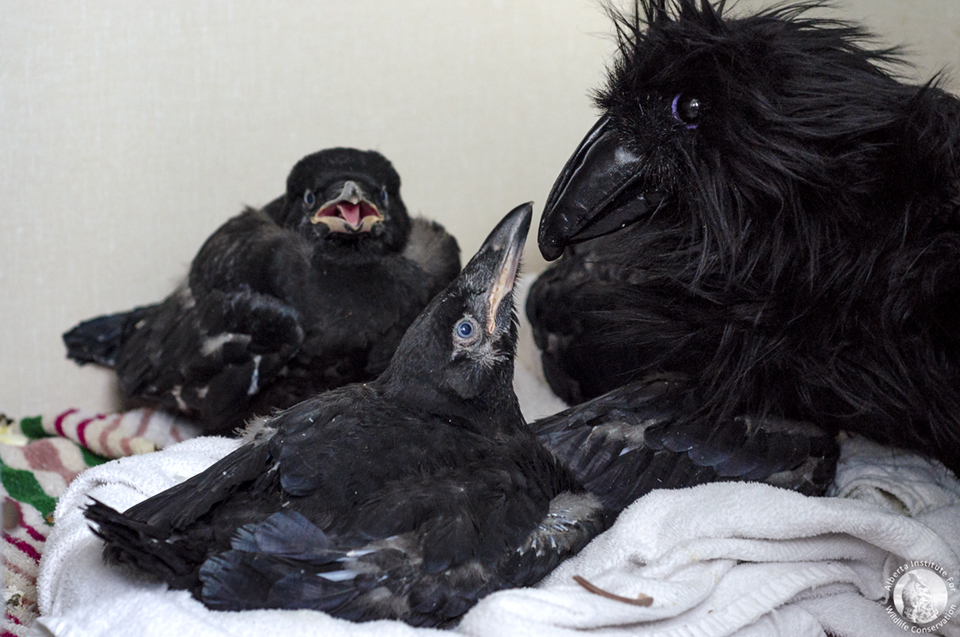
You can help protect baby birds in your community by sharing this article and spreading the word to your neighbours, friends and family! If you have any questions, or would like more information about baby birds, you can e-mail us at [email protected], or call us at 403-946-2361.
References
[i] Boyd, R. (2007, July 26). Fact or fiction?: Birds (and other critters) abandon their young at the slightest human touch. Retrieved May 01, 2021, from https://www.scientificamerican.com/article/fact-or-fiction-birds-abandon-young-at-human-touch/
[ii] F. (2020, June 5). Myth buster: Mother birds won’t reject their babies if you touch them. Retrieved May 01, 2021, from https://www.reconnectwithnature.org/news-events/the-buzz/myth-buster-mother-birds-won-t-reject-their-babies
[iii] Jones, B. (2018, May 02). When you should-and should not-rescue baby birds. Retrieved May 01, 2021, from https://www.audubon.org/news/when-you-should-and-should-not-rescue-baby-birds
[iv] Powell, H. (2020, May 14). I found a baby bird. what do i do? Retrieved May 01, 2021, from https://www.allaboutbirds.org/news/i-found-a-baby-bird-what-do-i-do/
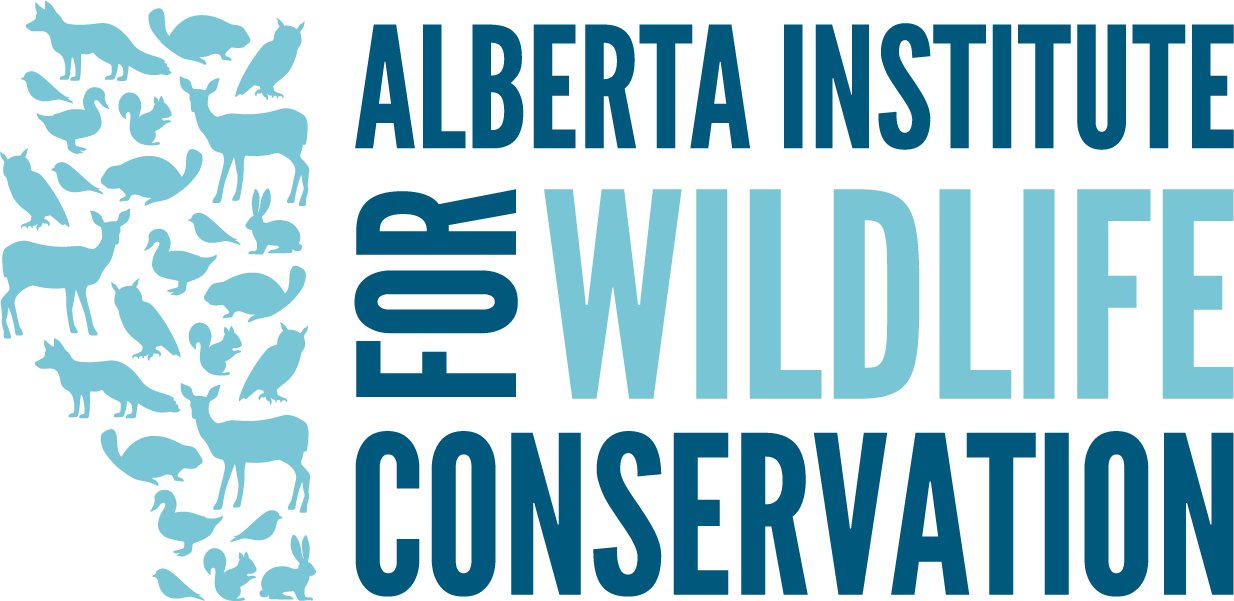
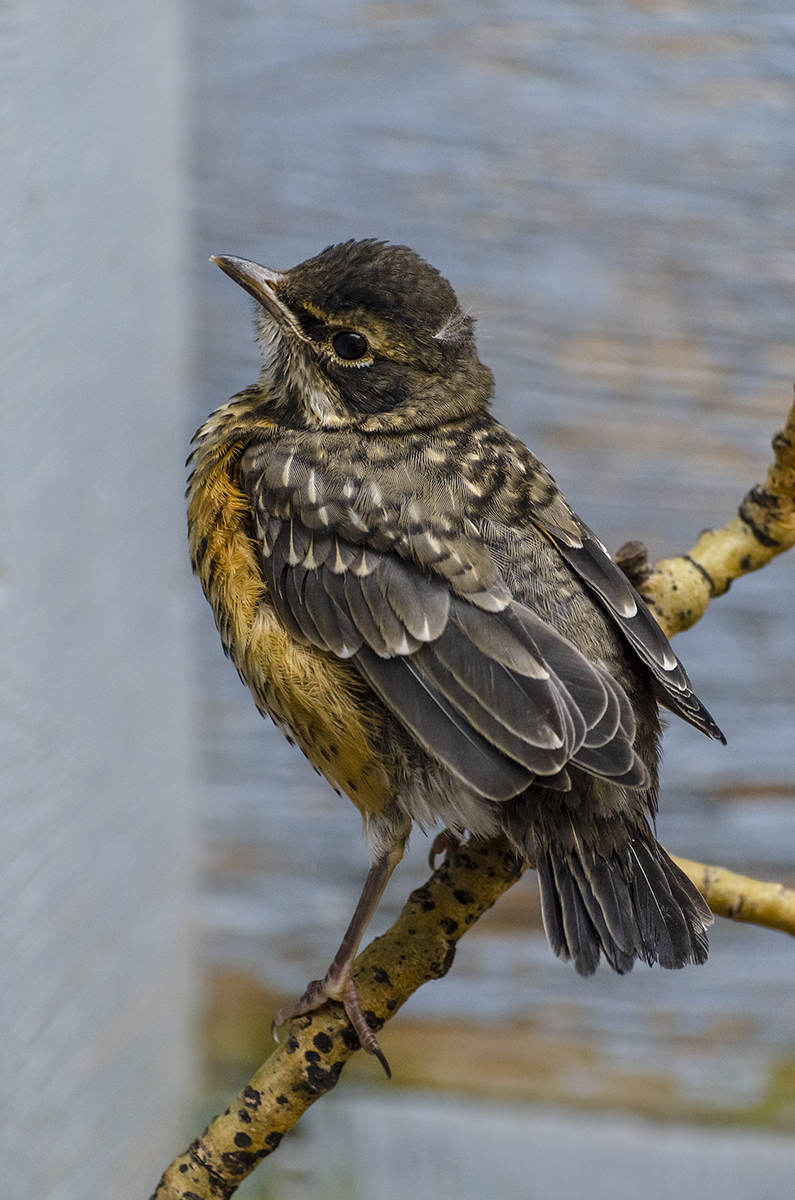
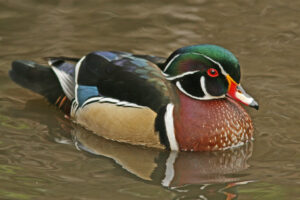
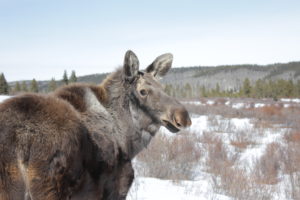
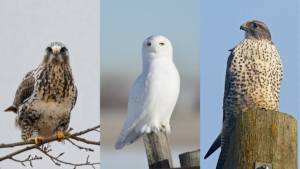

1 thought on “Baby Birds: When to help, and when to watch”
Thanks for the useful information. Most of us rush to help or save the baby bird when we come across a small bird on the ground. But this is really not good for baby birds. I did not do that because I also misunderstood that human exposure would affect the birds continuing to care for their young. But it turns out this doesn’t matter. It’s interesting, and it’s good to know that, too. Your sharing is so good and helpful, I share it with my friends so that everyone knows these tips to better protect young birds.